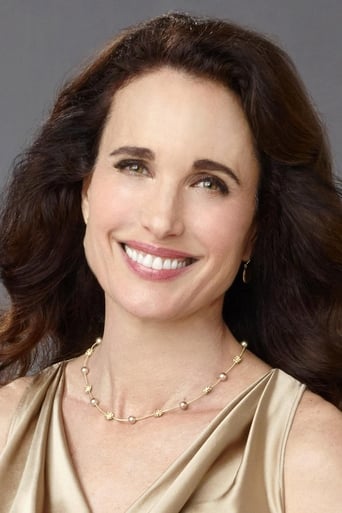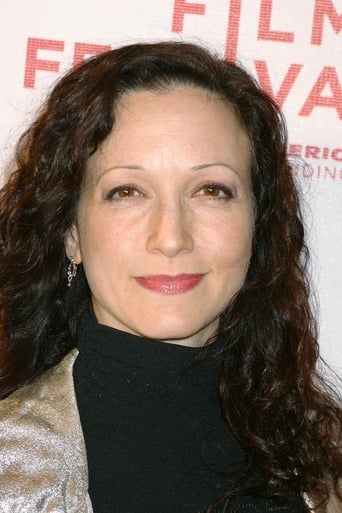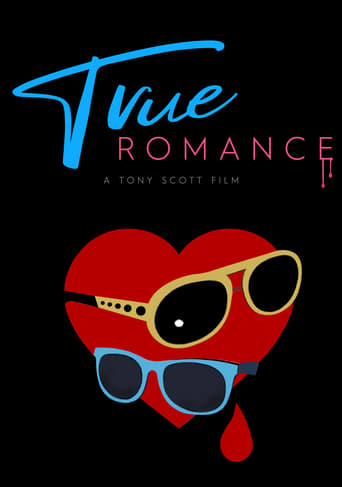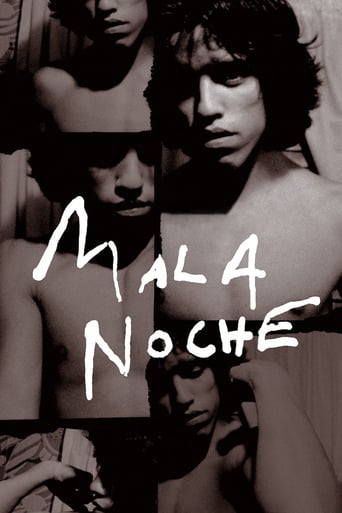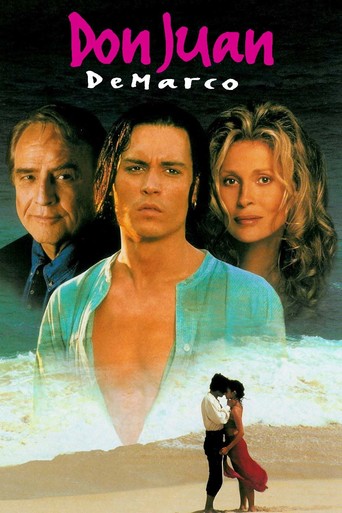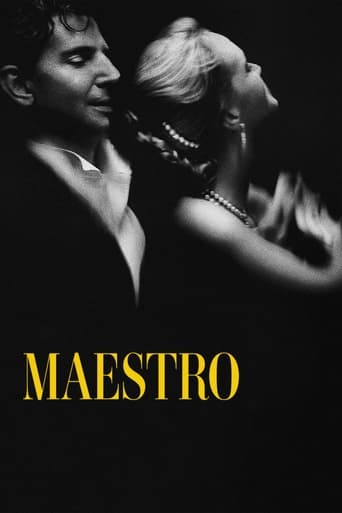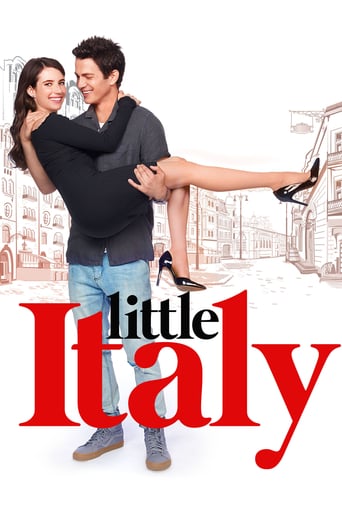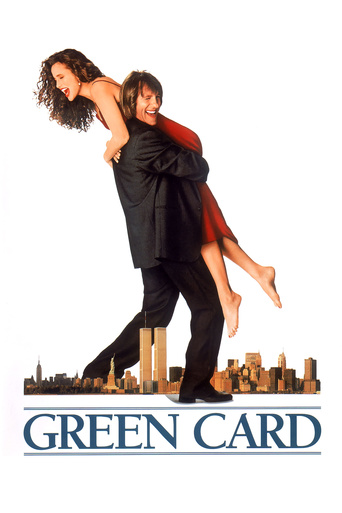
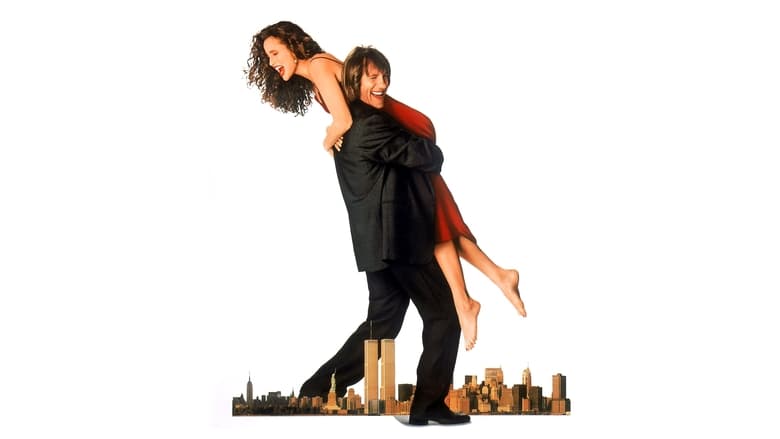
 Watch Now
Watch Now




Green Card (1990)
 Watch Now
Watch Now




Urban horticulturalist Brontë Mitchell has her eye on a gorgeous apartment, but the building's board will rent it only to a married couple. Georges Fauré, a waiter from France whose visa is expiring, needs to marry an American woman to stay in the country. Their marriage of convenience turns into a burden when they must live together to allay the suspicions of the immigration service, as the polar opposites grate on each other's nerves.
Watch Trailer
Cast


Similar titles
Reviews
A movie that not only functions as a solid scarefest but a razor-sharp satire.
It’s not bad or unwatchable but despite the amplitude of the spectacle, the end result is underwhelming.
This is a small, humorous movie in some ways, but it has a huge heart. What a nice experience.
This is one of the best movies I’ve seen in a very long time. You have to go and see this on the big screen.
Director Peter Weir appears to have been 'Moonstruck' in his latest film, a fizzy romantic comedy about an inconvenient marriage of convenience between uptight, uptown Andie McDowell and rogue Frenchman Gerard Depardieu. When the INS comes knocking at McDowell's door the couple suddenly has just 48 hours to get acquainted and invent a mutual history; predictably, they fall in genuine love as well. It's an amusing, if somewhat one-sided courtship: Depardieu may be a slob, but he's a cultured, passionate slob, and because everyone except McDowell loves him on sight (and since there isn't any competition from her arrogant, politically correct, vegetarian boyfriend) it's only a matter of time before Depardieu charms her down from her ivory tower. Romantic comedy obviously isn't Weir's forte; he supposedly wrote the script with Depardieu in mind, but it's too bad the same can't be said for McDowell's underdeveloped character: an urban fairy tale princess waiting for the frog (no pun intended) to kiss her. The film nevertheless shows the same economy of style that highlights all of Weir's features, and it benefits from the winning presence of Depardieu, whose energy translates well into any language.
A marriage of convenience to New York environmental activist Brontë (Andie MacDowell) gets French waiter Georges (Gérard Depardieu) a green card to work in America. Brontë gets a sort of "green card" too, in the form of permission to rent an apartment with a rooftop greenhouse. In fact, the colour green is in almost every scene: an emerald green lamp, a nicely placed green wine bottle in several shots, Brontë's clothes, and of course, plants, which appear in pretty much every interior shot the apartment, a friend's house, restaurants. The exception is Brontë's bedroom (where she's always alone), which is desert colours. This is a very interior movie, and I love how Weir focuses on little details feet coming down the stairs, the peephole in the front door, water dripping from leaves in the greenhouse to make the closed spaces interesting. The first time we see Georges and Brontë together, they are saying goodbye on the steps of the courthouse after tying the knot. Suspicion from Immigration agents forces the pair to try proving they have a real marriage. They quickly find that they can't stand each other. But the circumstances force them to spend time learning the details of each other's radically different lives, and then repeat them to the Immigration officials in tones of love and admiration, in order to sound like they are mad for each other. Eventually it has an unexpected effect. The point is that acting and speaking like you love someone can actually bring about what it pretends. I think that's true, even though it goes against conventional ideas of being "genuine", which can simply be an excuse for rudeness. This serious theme is mixed with several situations drawn from the comedy of errors handbook. Green Card has one of the funniest scenes of all time, in my opinion, in which Georges must find a way to convince a room full of New York society people that he's an accomplished musical composer. The laughter is generated by the kind of tension between straight-lacedness and mayhem of a Marx Brothers routine. Bebe Neuwirth as Brontë's friend Lauren is wonderful, nothing remotely like her Lilith character in Cheers, and her reaction to Georges in the musical episode makes the scene even more hilarious.
I'm normally not too much a fan of Gérard Depardieu, at least not when he plays a role in a movie that isn't French. But this time I was willing to make an exception and the main reason for that is because I was interested in the subject of fake marriages in order to be able to stay in the country permanently. It's a problem that is all too known known over here as well and I couldn't think of any other romantic movie that dared to use this subject. That's why I was curious about it.George Fauré is a French citizen who has been offered a job in the U.S.A., but before he can start working, he'll need a work permit. Since it's very difficult for him to get one, the easiest way is to marry an American woman. Brontë Parrish loves plants and has dedicated her entire life to them. Now she has found a wonderful flat with its own greenhouse, but there is one problem: the flat is for married couples only. The best solution for both is a marriage, but to convince the immigration officers that they are married for love and not out of convenience, they must move in with each other and try to cope with all the difficulties that this will bring...It wouldn't have been a romantic comedy / drama if there weren't the necessary complications between the two people, so in that perspective this certainly isn't an original movie. But there is one difference: normally this kind of movies never shows a marriage of convenience, as it is something that doesn't belong in the perfect image of love and happiness that this kind of movies wants to portray. Fact is that it is a 'daring' move - although only to a certain extend - that really works. I really didn't have any problem to believe that in reality Brontë and Georges would never marry because their worlds are too far apart. And I admit that I was still a bit surprised when seeing the end of the movie. Of course their ideas about each other change, this is still a romantic movie, but it was all done in a very decent way.Overall the acting in this movie is quite good. Despite the fact that I had my doubts about him before watching the movie I must admit that I even liked Depardieu, probably because he didn't have to conceal his awful French accent when speaking English. He more or less could be himself this time and that's good. Also nice was Andie MacDowell's performance and I loved Jessie Keosian as the noisy landlady. All in all this is an interesting romantic drama - I wouldn't really call it a comedy - that offers a good story and some nice acting. It's perhaps not the best in the genre, but it's certainly better than average. That's why I give this movie a 7/10.
The film was a sensual master piece with a ending that leaves you spell bound and mystified as to the fact when will they meet again and embrace the reality of the love that transformed from a relationship that was never to be. I especially loved the garden it was so magnificent and to even imagine that such beauty could exist in a city of concrete and pavement. Bronte has such passion for this magnificent garden that she is willing to forgo all obstacles in such blindness that she does not even see the beauty with in the beast of her new husband until it is too late to really let him know how much she cares for him. in the end you can feel the pain that both lovers have as they no longer have the ability to be together in the garden of eden as with Adam and eve where Adam and eve were cast out of the garden Bronte was left with the garden all alone.



